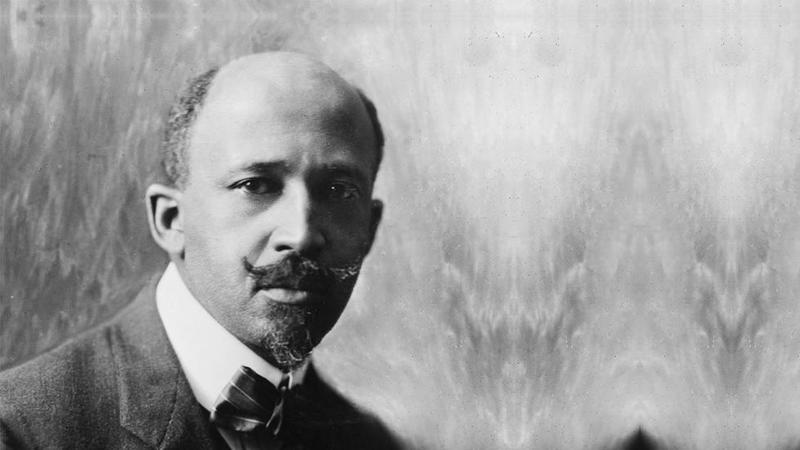Loading...
Many of us think that we know all there is to know about W.E.B Du Bois was the early 20th century’s most significant thinker, writer, and philosopher of the U.S. civil rights movement. He saw an extraordinary opportunity during World War 1 to advance the rights of black Americans. He encouraged them to “close ranks” and support the Allied cause in World War 1, enlisting to fight in the war. This decision would haunt him for the rest of his life. Seeking both intellectual clarity and personal atonement, for over two decades, Du Bois attempted to write the definitive history of black participation in World War 1. His book, however, remained unpublished. Today’s guest is Chad Williams, author of “The Wounded World,” an account of Du Bois’s efforts to complete what would have been one of his most significant works of history. He reveals Du Bois’s struggles to reckon with both the history and troubling memory of the war, along with the broader meanings of race and democracy for black people in the 20th century. He also addresses larger questions of why lynchings against black Americans spiked following the war.
Cite This Article
"Why Did WW2 Advance Civil Rights When WW1 Reversed Them? Here’s What WEB DuBois Said" History on the Net© 2000-2024, Salem Media.
May 6, 2024 <https://www.historyonthenet.com/why-did-ww2-advance-civil-rights-when-ww1-reversed-them-heres-what-web-dubois-said>
More Citation Information.






